Rod Tenney said his family never spoke about what his aunt, a World War II nurse, experienced in her three years in an internment camp in the Philippines.
As he grew older, however, Tenney learned more about his aunt, Alice Zwicker, one of the 77 Army and Navy nurses known as the Angels of Bataan, whom the Japanese held as prisoners of war after the Philippines fell in 1942. Tenney, 68, later learned of the starvation and terror his aunt experienced, how some in the camp set mousetraps on roofs to catch sparrows for food, and how the illnesses from neglect left her body weak.
“The more you dig, the more you realize what she went though,” said Tenney, a Gardiner resident who assisted in the research for a book released earlier this year about his aunt. Zwicker, held at Santo Tomas Internment Camp with more than 4,000 internees, including the nurses, was the only servicewoman from Maine held as a prisoner of war in either of the two world wars.
Although Zwicker never spoke to Tenney about her experience in the Philippines, Tenney witnessed its effects on her when he visited her at a sanitarium where she was being treated for tuberculosis and when the nieces and nephews made sure to eat everything on their plates while staying at Zwicker’s camp on Bonny Eagle Lake in southern Maine.
“When you start putting it in a logical sequence or order, it takes on a new meaning, like puzzle pieces,” Tenney said. “When you’re putting them together, you see what it’s actually made out to be.”
Tenney, who served four years in the Navy himself, provided Zwicker’s collection of documents and artifacts to Walter M. MacDougall, who wrote the book about Zwicker, titled “Angel of Bataan: The Life of a World War II Army Nurse in the War Zone and at Home.”
MacDougall, an author and retired University of Maine professor who lives in Milo, said Zwicker’s story drew him in because she was “thrown in the middle of an unbelievably horrible mess, and out of that terrible experience,” including when she returned and became infected with tuberculosis, “she does an unbelievably courageous job in re-establishing herself.
“It seems to me that stories like that are good for all of us.”
MacDougall, 81, who taught some of Zwicker’s nieces and nephews at the middle and high school in Milo, said he knew the story of her war experience well but didn’t know much about her personal life after returning home.
After Zwicker was diagnosed with tuberculosis twice, an after-effect of working night shifts on the contagion ward at Santo Tomas, MacDougall wrote, doctors removed one of her lungs. While recovering, Zwicker experienced hallucinations or flashbacks from the war, MacDougall said. One time, she awoke to see a Japanese officer in full uniform, wearing a sword and staring at her from the foot of her bed; and she repeatedly saw a human heart beating in the upper corner of her room.
Her first husband, Robert Dameron, a Texan she had met in the internment camp, divorced her after her first tuberculosis diagnosis. She contemplated suicide at times, “struggling through what people call the dark hours of the soul,” MacDougall said; but she managed to turn herself around, showing the strength of her spirit.
“I think that was her real victory,” MacDougall said.
While at the internment camp, the nurses continued to serve as a nursing unit. Although there were rumors back home of atrocities committed against the servicewomen — reports of rape and dismemberment — only one was physically molested, MacDougall said.
For a while, her family didn’t even know whether Zwicker had survived the attacks on the Philippines when Japanese forces took over the country.
“They didn’t know for a year if she was a prisoner,” Tenney said. “They didn’t know if she was dead or alive.”
According to the book, her mother told a Bangor Daily News reporter at the time of Zwicker’s internment, “Sometimes, when I get to thinking the Japanese might abuse my girl, I go into a dark room to think; but you know, every time such thoughts fade away, and I can see only the sunshine.”
When American troops finally liberated the internment camp in February 1945, the nurses were starved and malnourished. One nurse’s legs were so swollen from vitamin deficiency that she said she felt as though she was “walking on trunks of trees” and had no feeling in her lower arms. Zwicker weighed 135 pounds when she arrived at Santo Tomas and lost 23 pounds while at the camp.
On June 28, 1976, about a month shy of her 60th birthday and a decade after remarrying, she died of ovarian cancer.
MacDougall said he hopes people who read his book will see the “power of the human spirit to overcome and go on and to go on in some positive way.” Another message in the book he hopes people understand, and a timely one, MacDougall said, is about the toll of war on a country.
“I don’t think we can really get enough of the telling of what a war will do to a generation,” he said, “and to that generation after the war as well.”
For Tenney, the experience of doing research for the book by looking through his collection of artifacts, news clippings and other documents from his aunt, including her nurse’s helmet, gave him an opportunity to rediscover her story and to find out new things he hadn’t known before. He said he regrets not having talked more to older family members about Zwicker before they died.
“If that tin hat could talk,” Tenney said of the helmet, “boy, it would have some stories.”
Paul Koenig — 621-5663
Twitter: @pdkoenig
Send questions/comments to the editors.

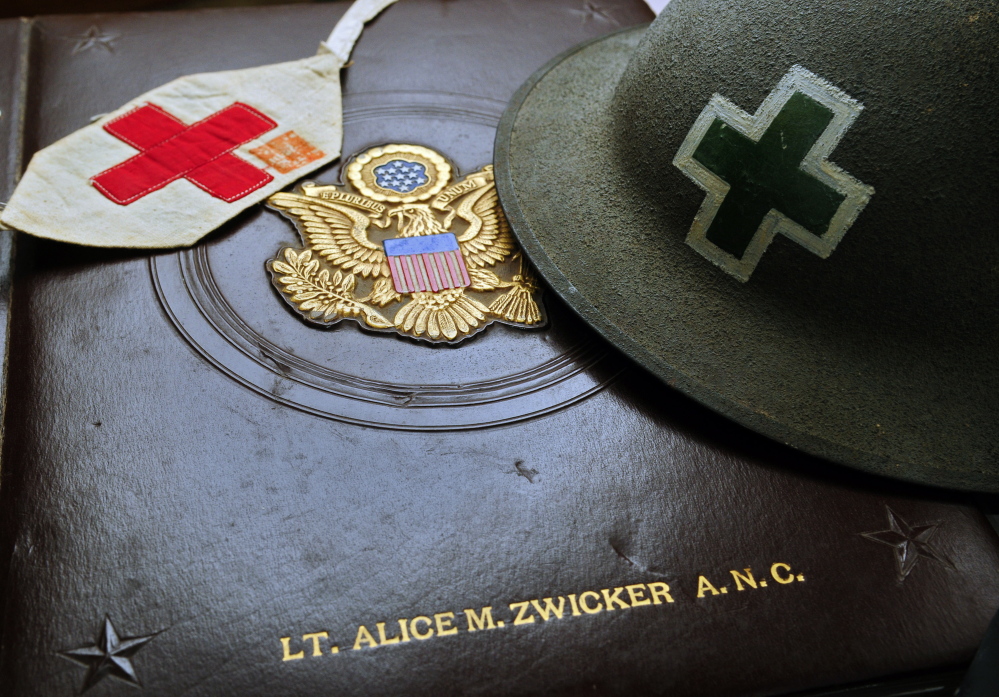
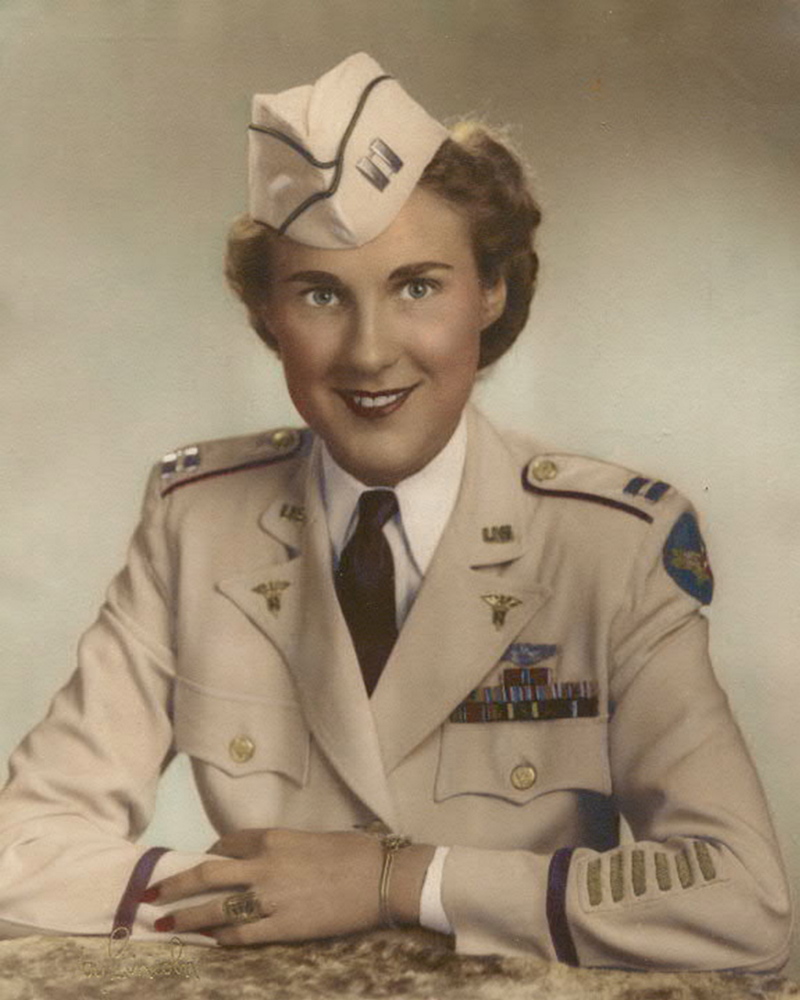
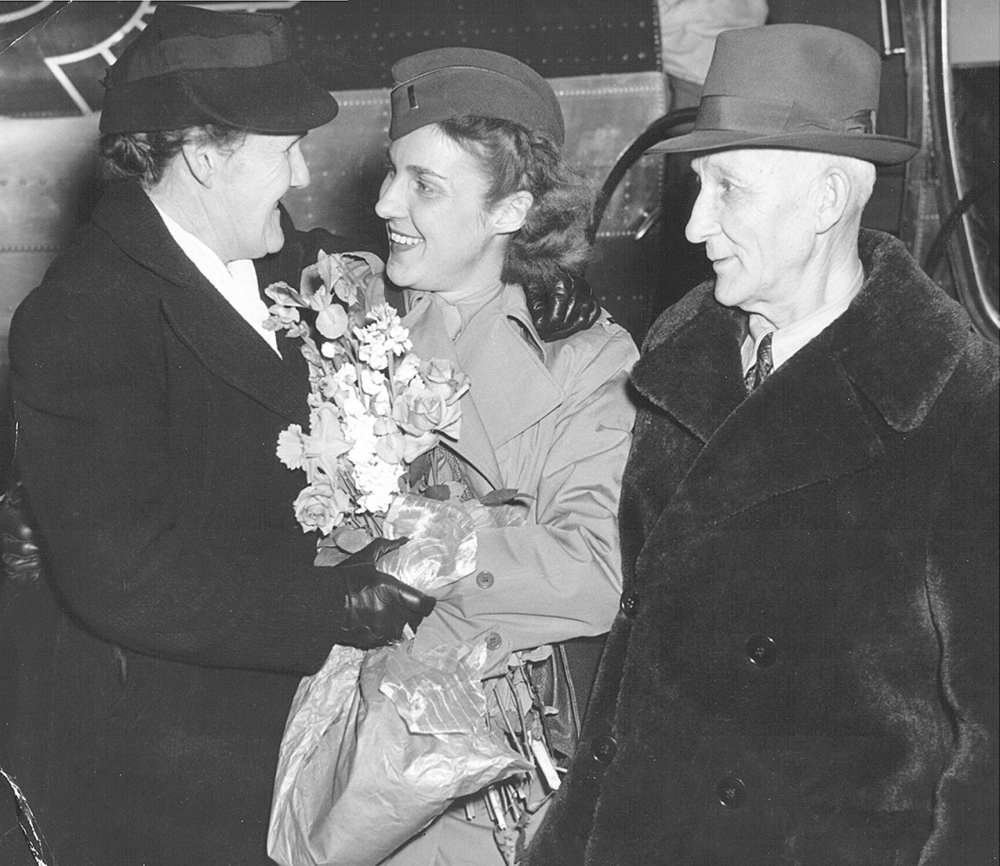
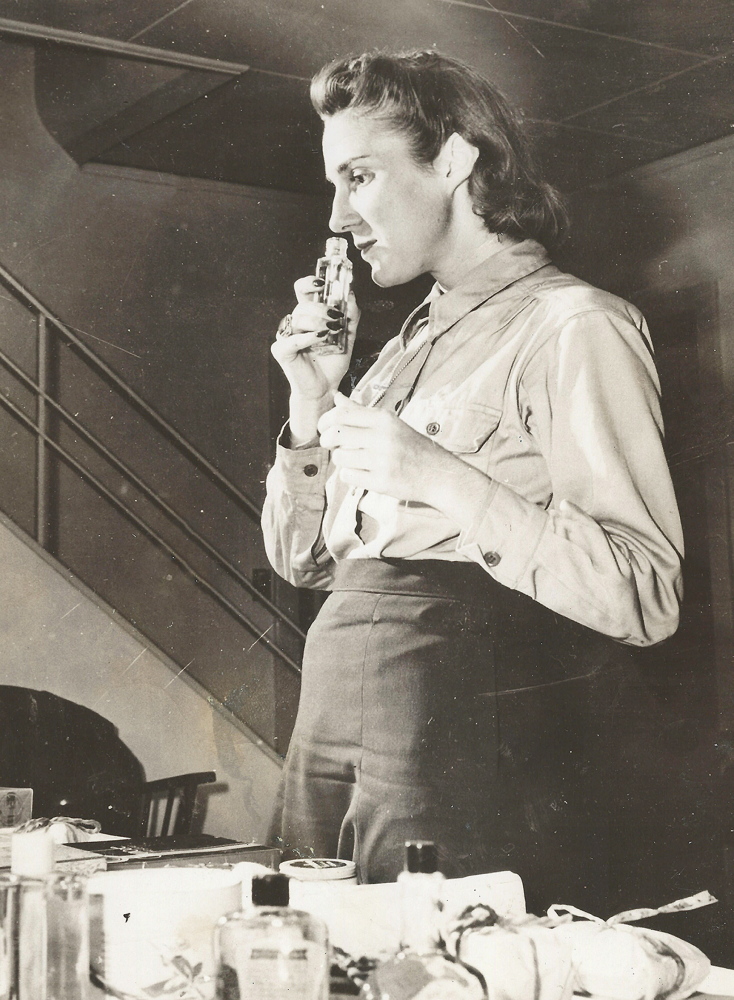
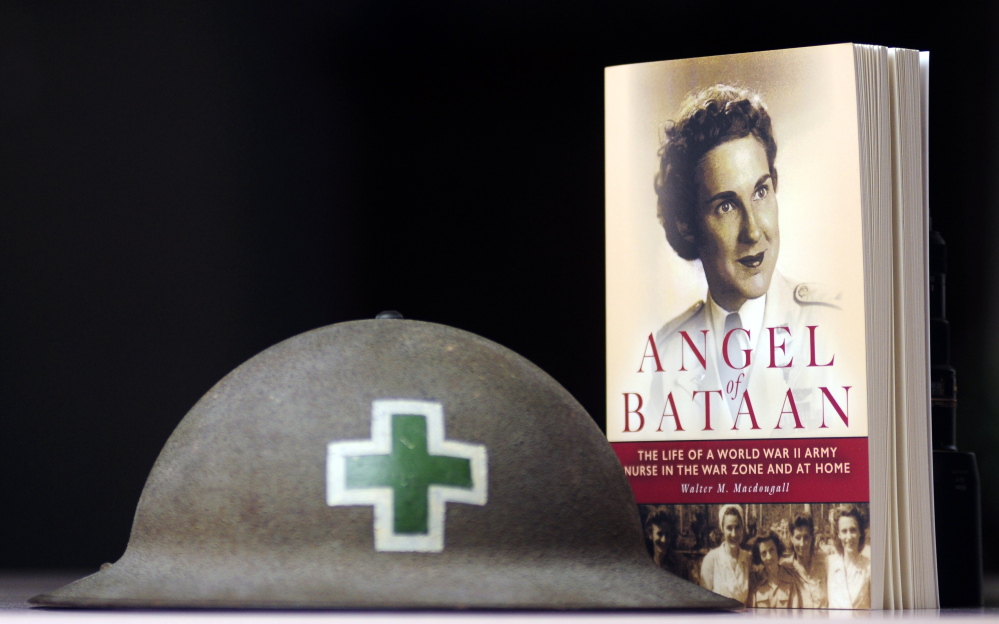
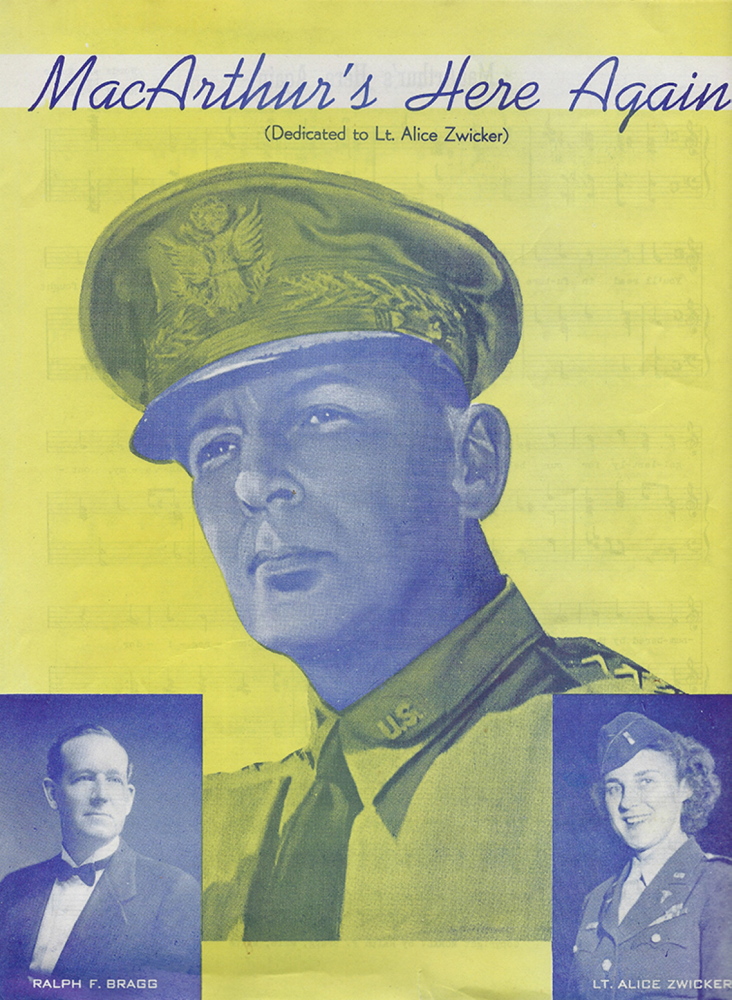
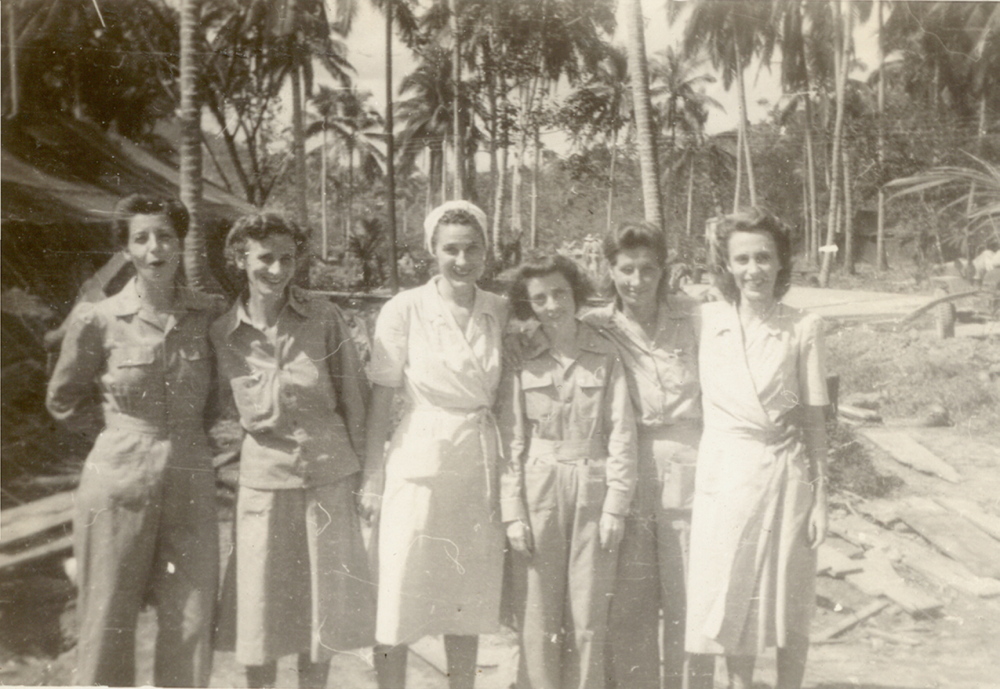
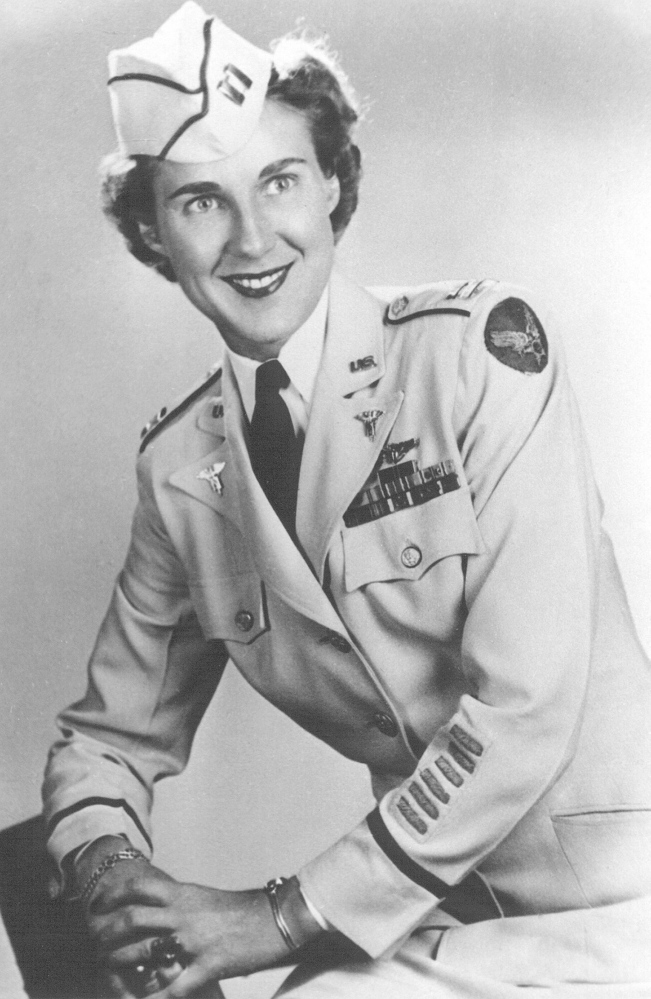
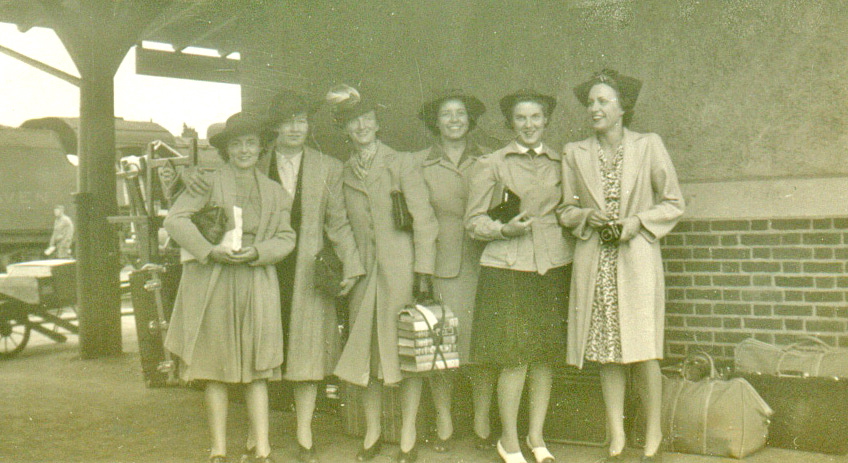
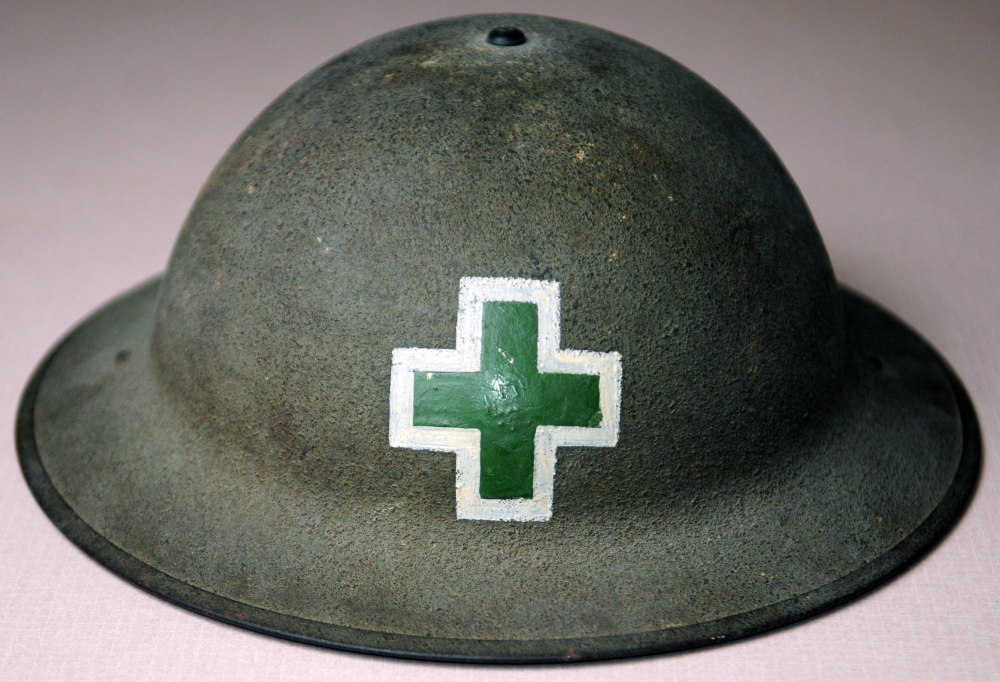
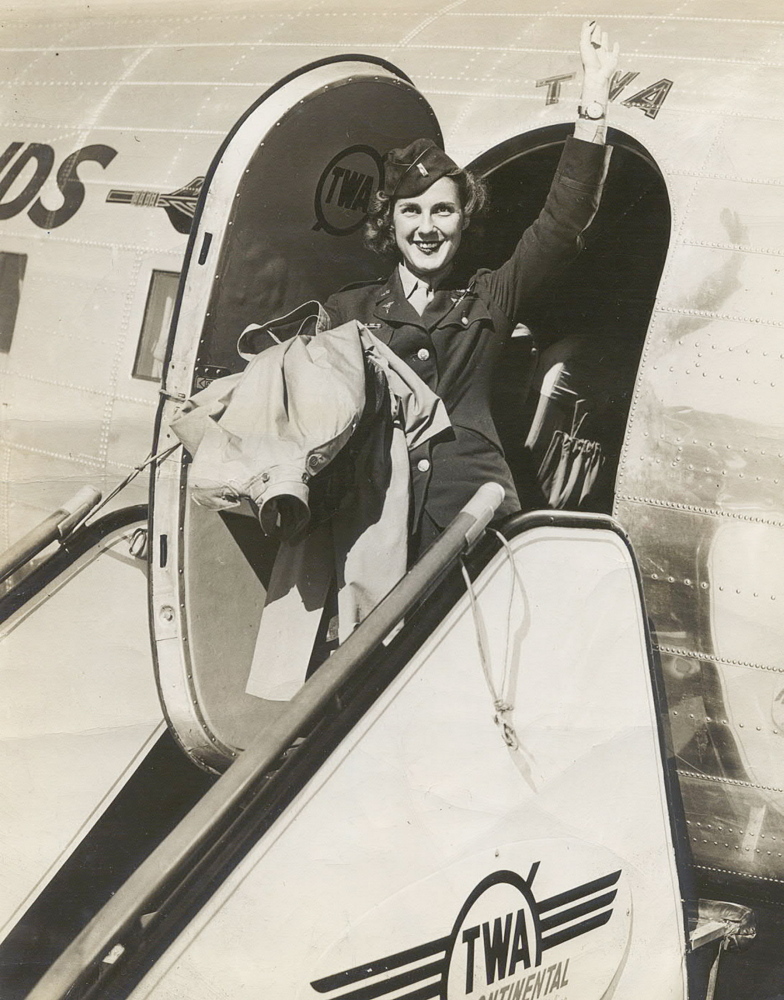
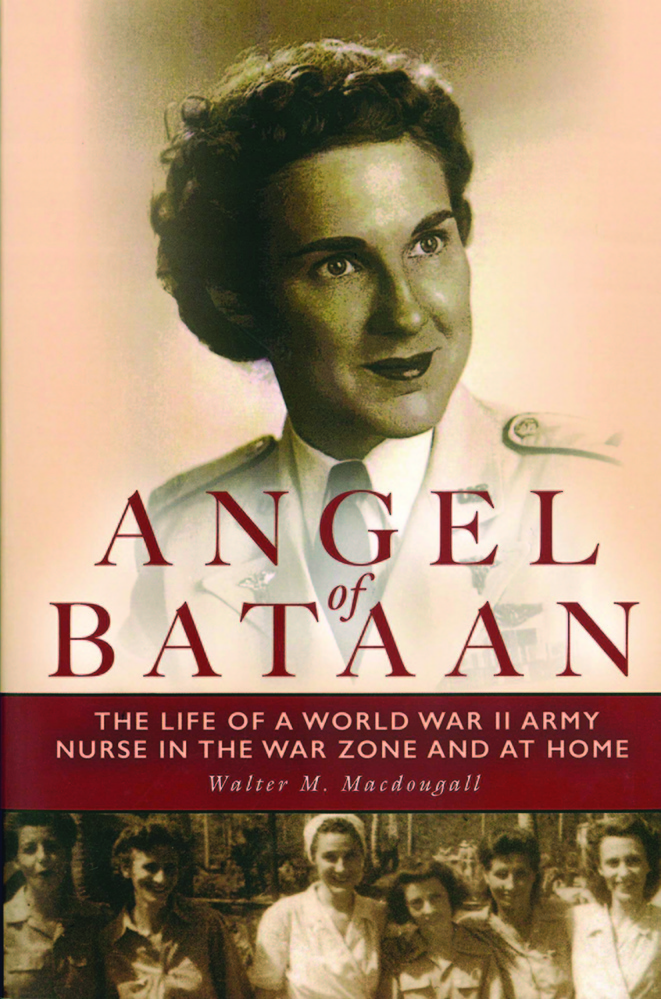

Success. Please wait for the page to reload. If the page does not reload within 5 seconds, please refresh the page.
Enter your email and password to access comments.
Hi, to comment on stories you must . This profile is in addition to your subscription and website login.
Already have a commenting profile? .
Invalid username/password.
Please check your email to confirm and complete your registration.
Only subscribers are eligible to post comments. Please subscribe or login first for digital access. Here’s why.
Use the form below to reset your password. When you've submitted your account email, we will send an email with a reset code.